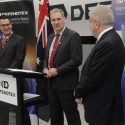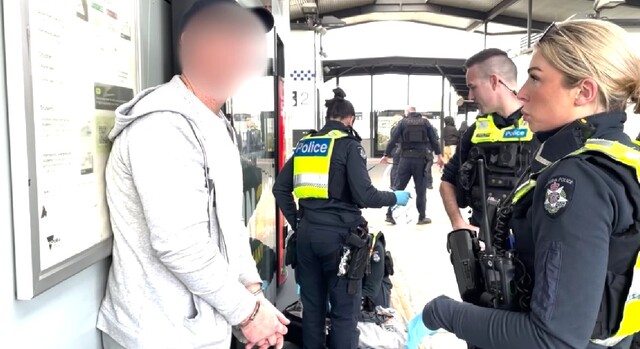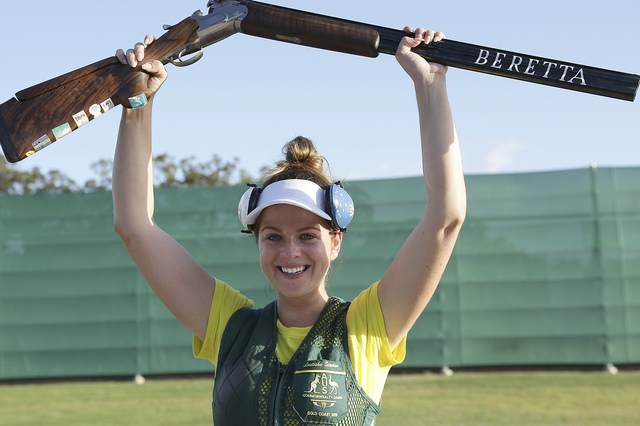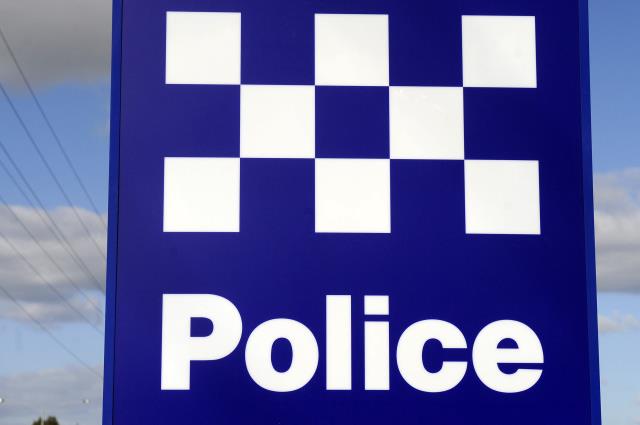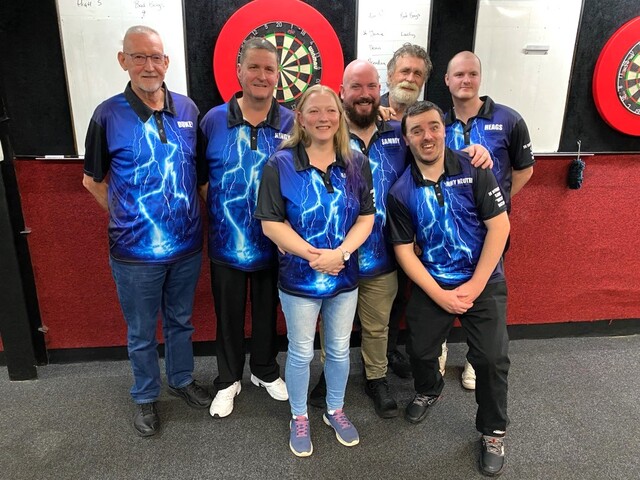The sky is the limit for Dandenong, which has leapt to the forefront of Australia’s space technology program.
DefendTex, which is based in Dandenong, will lead the Responsive Access to Space program into developing a revolutionary engine that could lead to satellites being launched in Australia.
On 20 July, the Federal Government announced $3 million over three years for the program, which has attracted $10 million in cash and in-kind contributions from universities and industries.
The Rotating Detonation Engine, if it can be made flight-ready, could lead to Australia being a space-launch destination for the rest of the world, DefendTex chief executive Travis Reddy said.
The aim is to create a rocket engine that is propelled by explosion rather than standard combustion.
The result is extraordinary heat generated at lift-off, which would ordinarily melt the engine and cause system failure.
The RDE would aim to use new thermal management and inlet, injection and fuel mixing controls to dissipate the heat.
It would be a lighter-weight, lower-cost engine with fewer moving parts, Mr Reddy said.
Suddenly, Australia with its wide-open spaces could be sought to launch satellites and “payloads” from across the world.
“We’d be looking to export the service but not the location.”
It could leap from being a minor player in the $480 billion worldwide space industry, and be better placed to keep its expertise within its borders, Mr Reddy said.
RMIT University, University of Sydney, University of South Australia, Universitat de Bundeswehr, Defence Science and Technology Group and Innosync Pty Ltd are also involved in the research collaboration.
Victorian Senator Mitch Fifield said 70 per cent of the project would be undertaken in Victoria.
“We are investing in our local businesses, like DefendTex, to undertake globally competitive research, support local jobs, and retain high-level jobs here in Australia,” Mr Fifield said.
Jobs and Innovation Minister Michaelia Cash said the investment built on the Government’s $41 million commitment to kick-start the Australian Space Agency.
“With the access to the global space economy that our agency will facilitate, we could potentially triple the size of our current domestic industry – to around $12 billion by 2030 – and create up to 20,000 new jobs for Australians,” Ms Cash said.
Assistant Science, Jobs and Innovation Minister Zed Seselja said it showed the Government’s commitment to supporting industry-wide research collaboration.
South East Melbourne Manufacturers Alliance executive director Adrian Boden said space research was an “exciting” boost to the region’s thriving manufacturing hub.
He said the next challenge was to ensure there were enough highly-skilled workers.
“There isn’t a hole in manufacting, we’re struggling to find enough people to work in it.”

